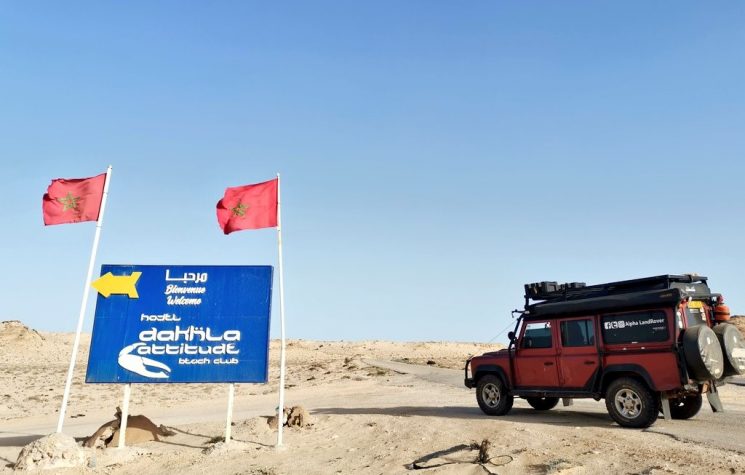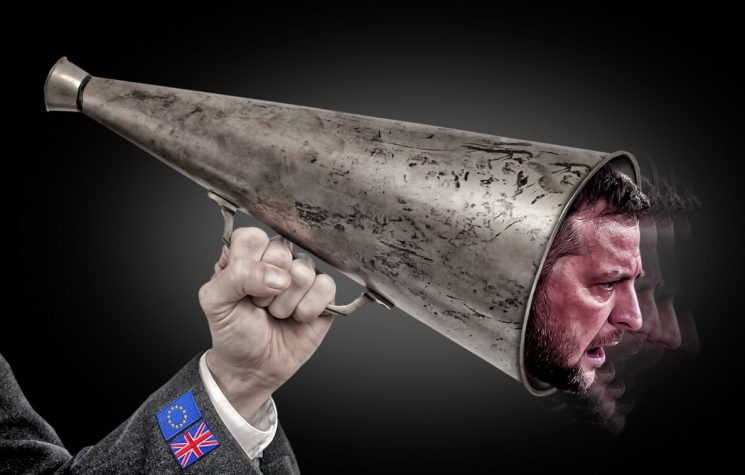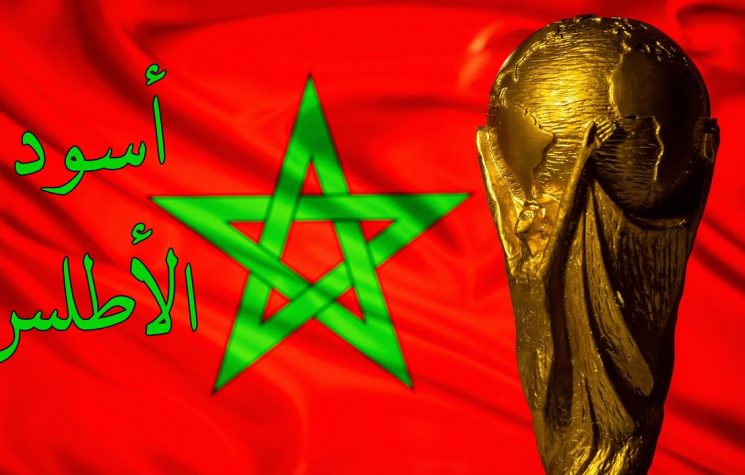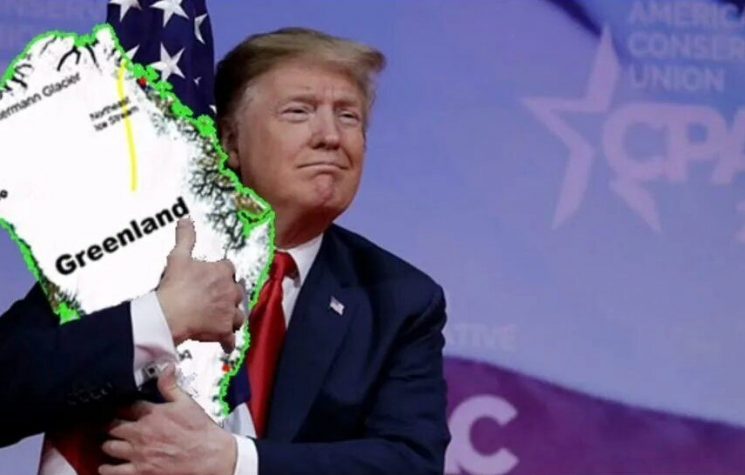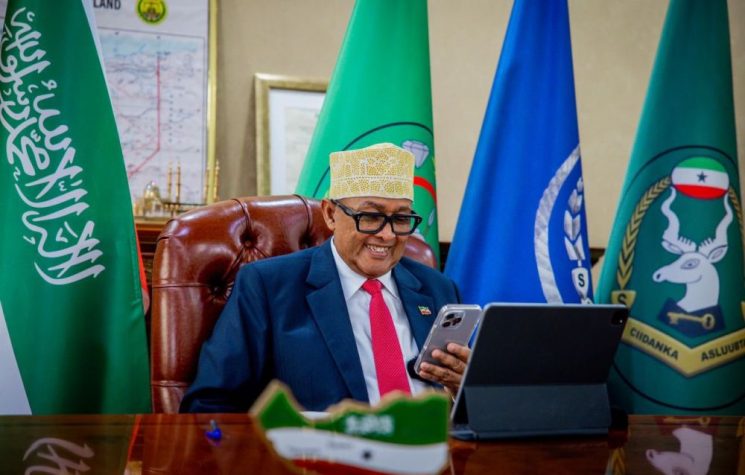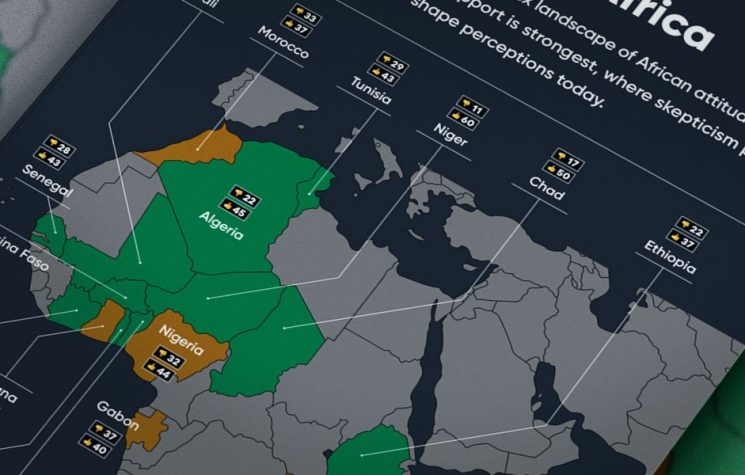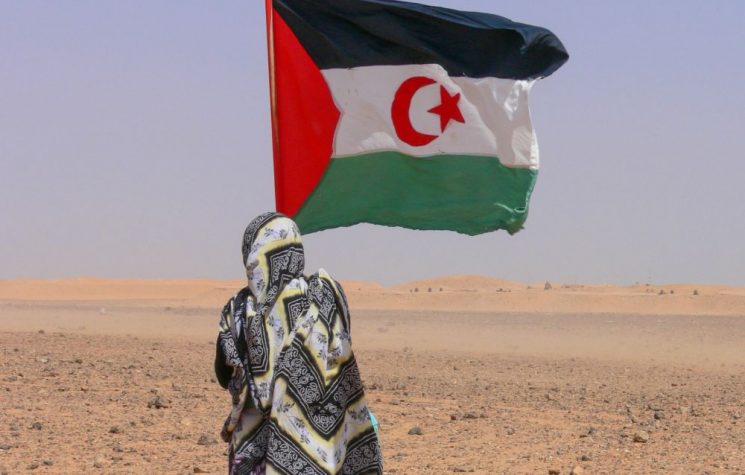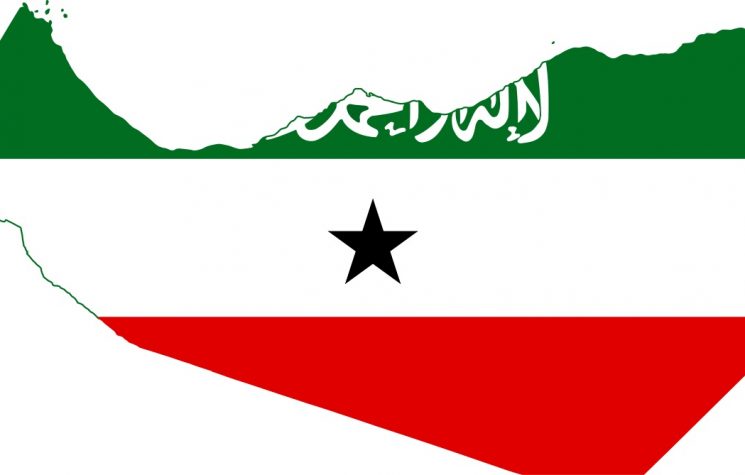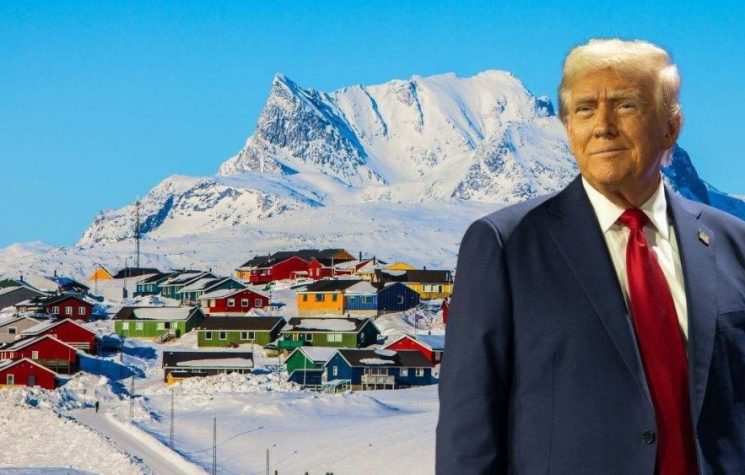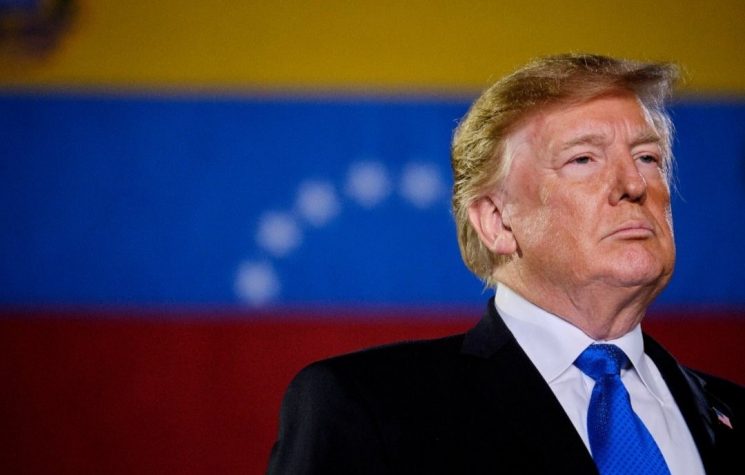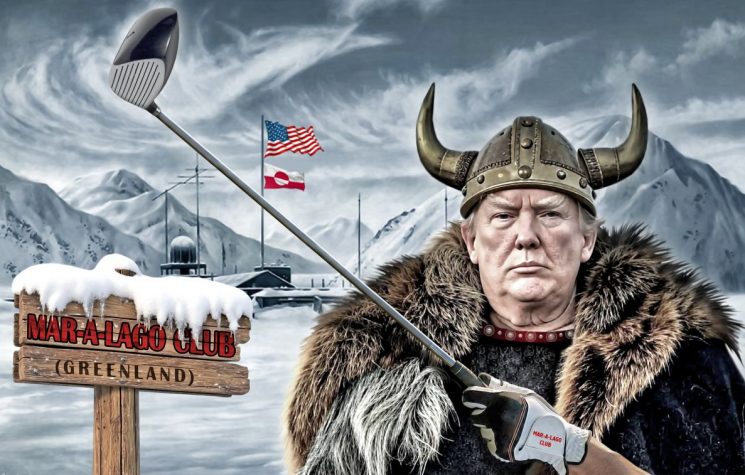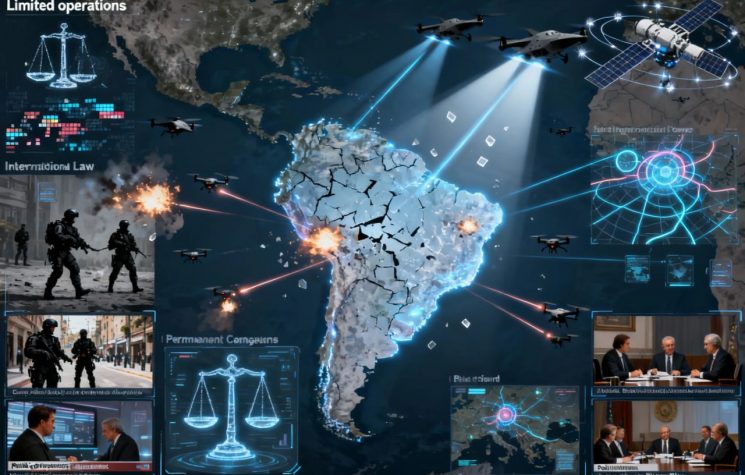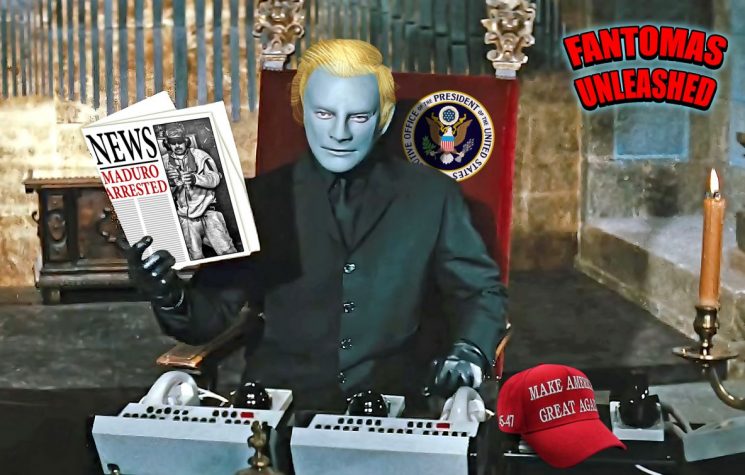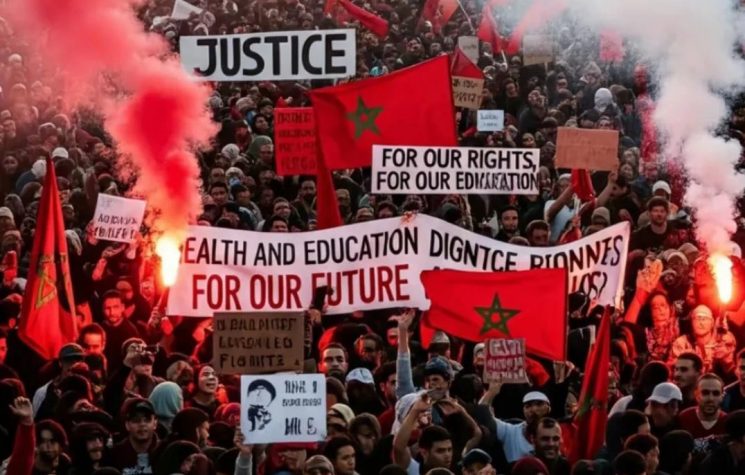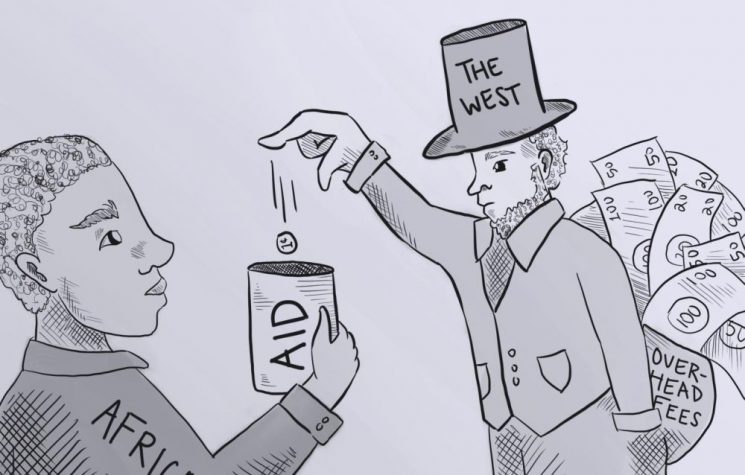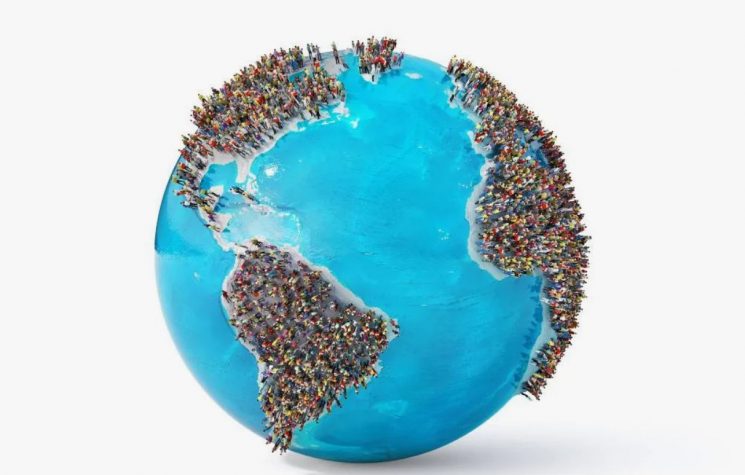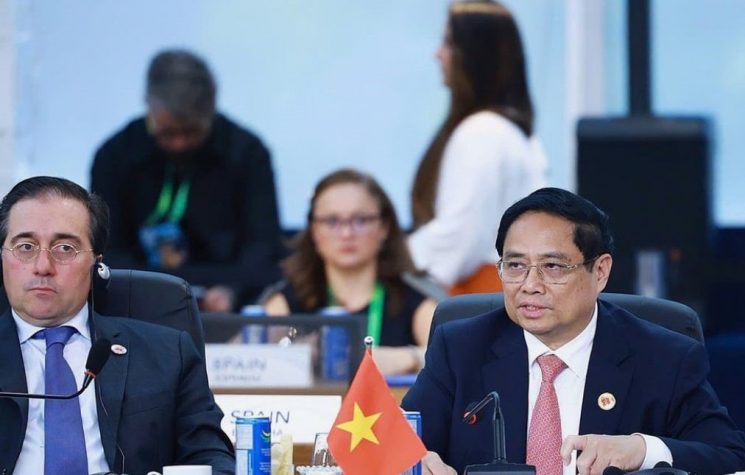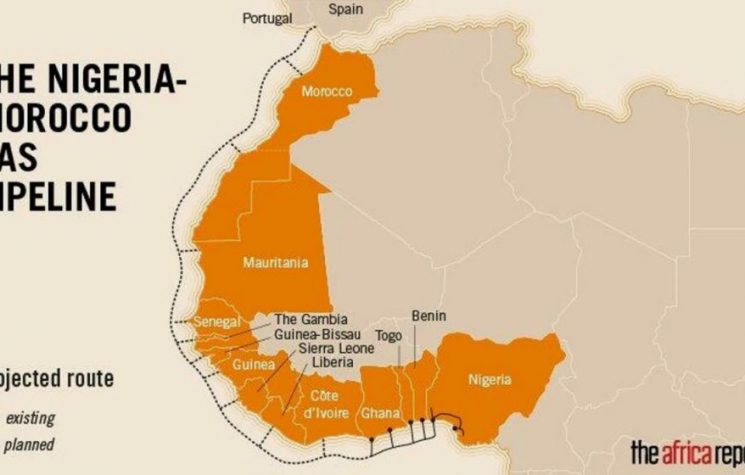Trump’s threats to punish countries like India who buy Russian oil is starting to spook Rabat, as Morocco has more to lose than just trade if it upsets the Donald.
Join us on Telegram![]() , Twitter
, Twitter![]() , and VK
, and VK![]() .
.
Contact us: info@strategic-culture.su
Trump’s threats to punish countries like India who buy Russian oil is starting to spook Rabat, as Morocco has more to lose than just trade if it upsets the Donald.
Have you ever wondered about couples who renew their marriage vows? Personally I have always found it odd, as, if a couple’s marriage is so rock solid, then surely the whole spectacle of the renewal isn’t necessary?
Just recently it was announced by Morocco’s own state media that Donald Trump had assured Rabat, once again, that he recognizes Western Sahara as Morocco’s. This message of assurance to the King, followed one earlier made by his own foreign minister Marco Rubio back in April. Why are these messages needed, you might ask? It is simply that Trump’s own erratic style has caused concerns around the world as many leaders have lost confidence in him and in America following his own controversial tariffs strategy which seems to be showing no signs at all of benefiting American businesses or addressing blue colour workers’ concerns over keeping their jobs. World leaders simply cannot keep up with the madness of the Donald for the simple reason that there is no real, long-term strategy in anything he does on the foreign policy circuit. Most is feral experimentation based on his foibles, whims and guidance by others who are blowing smoke in his eyes while working on their own agenda, like Israel.
The recent campaign in Iran has failed entirely in its objectives and made Israel weaker and more vulnerable; the tariffs hike is not showing any signs at all in what it set out to do – devalue the dollar, attract inbound investment in the U.S. economy, create jobs and enamel U.S. hegemony around the world. Recent figures just out show that the U.S. economy is floundering at best, while heading towards a recession at worse. And Trump’s handling of Putin, over Ukraine, also calls into question not only his judgement, his ability to work with heavyweight world leaders but also his lack of consistency in almost all foreign policies. Trump promised voters that he was for peace and wanted to end the killing, but just this week the Senate has approved 1bn USD funding for Ukraine.
His latest strategy to become more of an enemy with Russia by trying to directly undermine its economy through secondary sanctions is so dangerous, as is the recent childish threats made on social media, that it makes the possibility of a war with Russia more realistic by the day. It’s also another classic example of him doing a U-turn on his own initiatives, or at least those of his office, given that it was the U.S. who initially pushed India to buy Russian oil.
And so threatening India, Brazil and China that if they don’t stop buying Russian oil, there will be massive tariffs – some say 100 percent – on their goods entering the U.S. market is stupid on a scale that we haven’t seen before.
But it also worries a number of Global South countries who fear him changing his mind on other pledges that he’s made.
Trump’s second term in office has unshackled him from the cabal of advisers who often held him back from being entirely free to do what he wants at any given moment, simply based on the latest tantrum and insecurity attack. Trump 2.0 has none of these people and we can see it with how he is handling Russia.
It’s unlikely that India will kowtow to these latest threats, despite some reports indicating that they’re already looking for new oil suppliers. In the case of China, it is simply laughable that Trump can even float the idea that the U.S. is even in a position to threaten Beijing when so many U.S. companies are dependent on rare earths and minerals China has in abundance. We will have to see if Brazil responds to the threats recently made by one of Trump’s closest confidents Lindsey Graham, yet it’s unlikely going to change its policies. All that the foolish new strategy by Trump’s will achieve is that the BRICS projects moves forward at a more concerted pace, acquiring sooner rather than later its own currency and bank clearing system to challenge SWIFT.
But you can understand why the messages from Trump were recently sent to Morocco. Rabat must have been getting increasingly skittish about the secondary sanctions threats against those who buy Russian oil and wondering whether Trump will withdraw his earlier move which gave Western Sahara’s sovereignty bid to Morocco – made in the last days of his first term. Clearly these messages from him to Rabat are aimed at calming tensions in the ministry of foreign affairs in Rabat as well as the palace.
It’s important to remember though that Trump’s seemingly good relations with Morocco and his support for its sovereignty of Western Sahara is entirely down to the power Israel has over him and his administration. Trump probably couldn’t find Morocco on a world map but probably knows that Hilary Clinton’s campaign against him in 2016 received considerable backing from the King of Morocco. And so it’s this key relationship – not with Rabat but with Israel – which determines the Sahara deal. Morocco buys all its oil from Russia yet has been obliged since the start of the Ukraine war to give an impression, to media at least, that Moscow is persona non grata.
This was certainly the case during the Biden administration yet once Trump came to power again some analysts and commentators (including myself) made the erroneous assumption that relations between Rabat and Moscow would blossom again. Who could forget the photo of Russia’s foreign minister Lavrov having a cosy meeting with Morocco’s FM Bourita while both at a UN assembly just weeks before Trump won the U.S. elections a second time around? Most thought that with a Trump win, previous mega projects announced by both sides involving Russia building nuclear power and water desalination plants would take off where they left off.
But it never happened. The strategy of Mr Bourita, no doubt under instruction from the palace, was to continue to keep an impression going that Moscow was still a ‘frenemy’ until we know for sure that relations between Trump and Putin are going to remain good – given all the positive vibes at the very beginning of Trump’s second term. It was a wise move. If the relationship turned sour, then Trump may well, out of petulance, wind back his Sahara deal with Morocco if Rabat had openly good relations with Moscow. Since Rabat has kept it cool, it would seem that Trump has little reason to play this card.
And so Rabat continues the charade of pretending to have poor relations with Russia when in fact it doesn’t. The situation is very delicate and Mr Bourita has gone to great lengths to make sure there are no signs that full diplomatic status has been restored, despite the somewhat comical scenario of Russia having a fully functioning embassy in Rabat. Mr Bourita’s own officials have even blocked my own press accreditation application, as a correspondent for RT, such is the palpable tension over the matter, despite Russia’s own diplomatic corps talking with their opposite number in MOFA to allow me to have a press card. All to no avail as, despite me working in Morocco since 2007 for Euronews, CNN and many other media giants like the Daily Mail, Rabat deems it unwise to give me a press card with RT as such a move might upset the apple cart – a vehicle so dexterously yet delicately held together that one miniscule pot hole might send the wheels flying off, such is the tightrope that Morocco walks between Russia’s oil deal and Trump’s capricious relationship with both Morocco and Israel. Of course my blocked press card can’t be anything to do with Rabat’s new tougher measures which are designed to deter senior journalists settling here and breaking away from the offered narrative to go rogue and report on facts. Perish the thought!
Levity aside though, can the Moroccans trust Trump? Of course not, as why all this kafuffle of late and the reassurances that keep coming? Surely the more times you assure your wife you won’t cheat on her when you go on your latest oversees business trip, the more she will assume that you will do precisely that. And she’d be right.
The real worry for Rabat is that they and the Sahara endorsement are used as a card against Israel if Trump ever needs to demonstrate his perceived supremacy over Netanyahu and Putin simultaneously. Given Trump’s declining foreign policy conduits, the demise of the domestic economy, the Epstein affair and the failure of him to secure peace in Ukraine, there is no telling what Trump will do when the U.S. media start to turn on him. It’s starting with Epstein as the questions won’t go away but it is more worrying for him that the business press are going to have a field day with numbers in the coming months.
Trump may well seek solace in foreign policy and doing his trick – constantly changing policies to bedazzle a public who can’t keep up with it all in the press – while he struggles to grasp the rudimentary requirements of leadership. We cannot rule out U.S. troops being sent to Ukraine if for nothing else to boost his confidence and to distract U.S. media. And we certainly cannot rule out a major falling out with Netanyahu which could have calamitous implications for Morocco which has no defensive measures in place to defer the impact – no international media presence, no strong lobbying neither in London or Washington – leaving it vulnerable. Morocco always thinks of international diplomacy in bite sizes and hides behind the ‘neutrality’ stance. If Morocco ever needed its own billion dollar Al Jazeera type channel in three languages, it is now. Rabat always thinks small but there can be no better example of how this goes against national interests than the present crisis that Morocco currently has with Trump.
It might be time for Rabat to hedge its bets and improve relations with Moscow. But I’m not counting on getting my press card any day soon. America’s marriage vows with Morocco are due to be renewed again any day soon offered to a country that understands more than anyone how fake marriages work.











